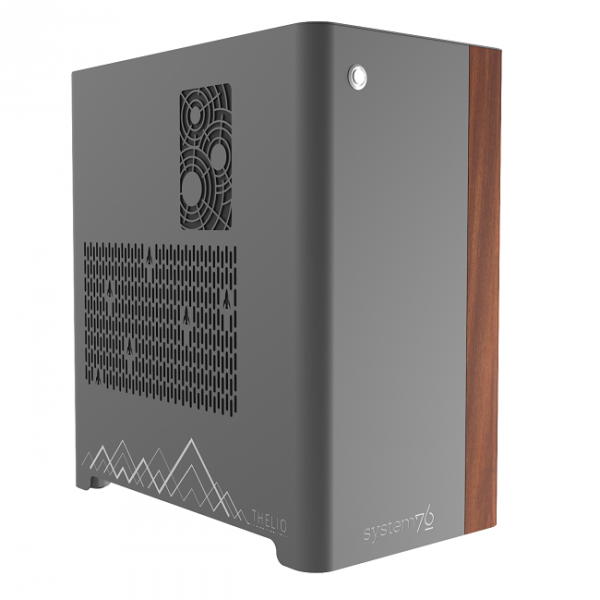
System76 Thelio Mega is a quad-GPU Linux desktop powered by Ryzen Threadripper
System76 began its life as a Linux computer seller only. Essentially, the company would sell re-branded laptops with Ubuntu pre-installed. To provide a class-leading experience, however, System76 also provided top-notch customer service, helping Linux beginners get started with a little hand-holding when needed. This focus on service continues today, and it is largely responsible for the company's success and longevity.
Seeking to better control its own destiny, the company branched out from only being a computer-seller and transformed into a maker too. It's handcrafted Thelio desktops are powerful works of art, comprised of wood, metal, and good ol' fashioned American elbow grease. Yes, these Thelio machines are made in the USA -- Colorado, specifically.
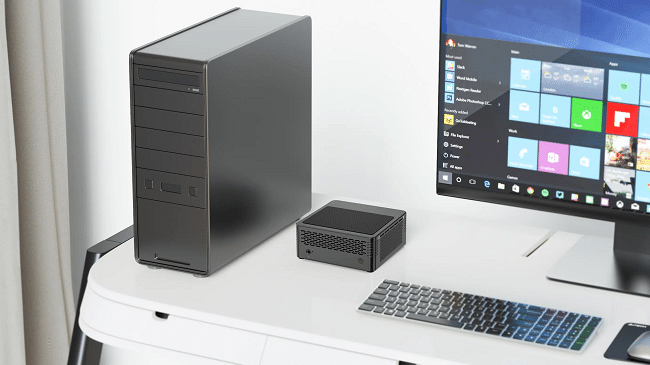
Minisforum EliteMini H31G Windows 10 and Linux PC impressions
For whatever reason, I absolutely adore diminutive desktop computers. From the Apple Mac mini to the Intel NUC series, I am always fascinated by how much power can be crammed into a small form factor. Quite frankly, it is fun to have a tiny PC next to a big monitor and have friends and family marvel at the cuteness.
So when a new mini computer from Minisforum caught my eye, I knew I had to give it a go. Called "EliteMini H31G," it is a bit bigger than a traditional Intel NUC, but that is OK, as it is packing something special -- discreet NVIDIA graphics partnered with a 9th generation Intel Core processor. In other words, this little beast can handle gaming and video editing.
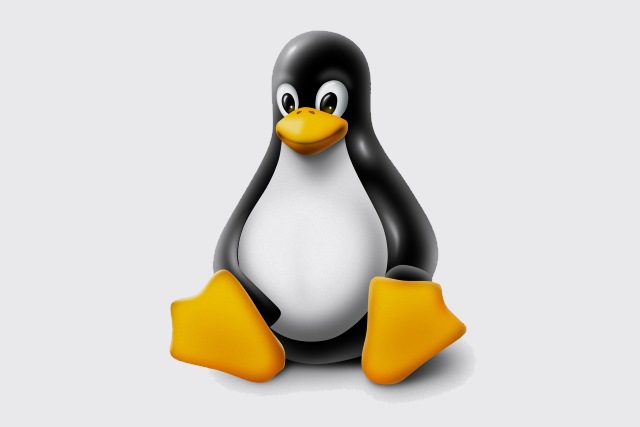
Linux systems at risk of worrying BleedingTooth Bluetooth vulnerability
Linux-based operating systems are generally considered to be more secure than the likes of Windows, but that does not mean they are completely without security issues. Google security researcher have issued a warning about a series of "zero-click" vulnerabilities in the Linux Bluetooth stack.
Dubbed BleedingTooth, the collection of security flaw could allow for remote code execution attacks. The issue affects Linux kernel 4.8 and higher, and can be found in the open-source BlueZ protocol stack. It has been assigned CVE-2020-12351 and a CVSS score of 8.3.
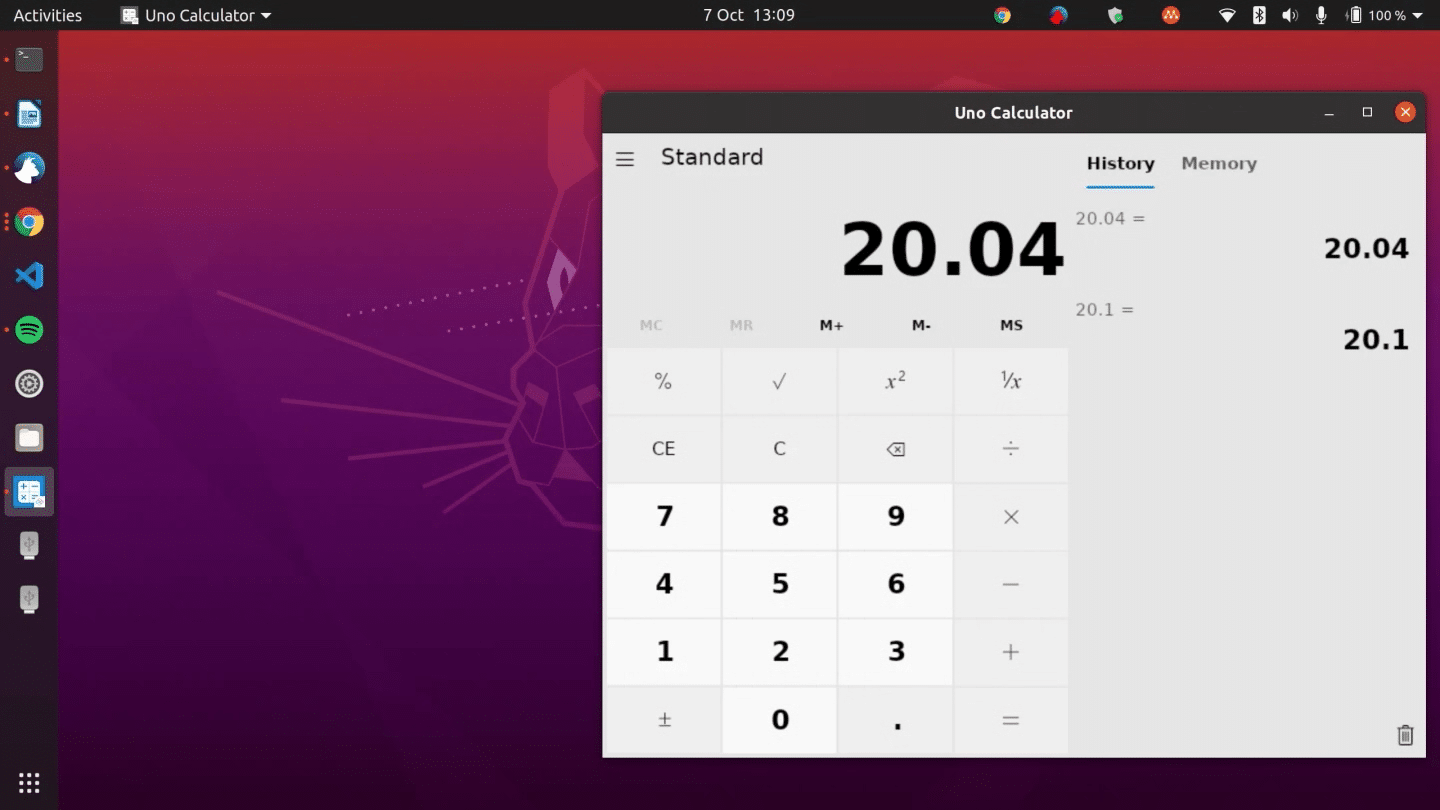
How to install Microsoft Windows Calculator on Linux
Microsoft is no longer an enemy of the Linux or Open Source communities. Believe it or not, the Windows-maker is an ally these days. Shocking, I know, but totally true. Linux is now built into Windows thanks to WSL, and Microsoft has several apps available for Linux.
The company has even made some of its apps open source as well. For instance, back in 2019, Microsoft released the source for Windows Calculator on GitHub. And now, that calculator app has been ported to Linux by Uno Platform. Best of all, its insanely easy to install as it is packaged in Snap format.
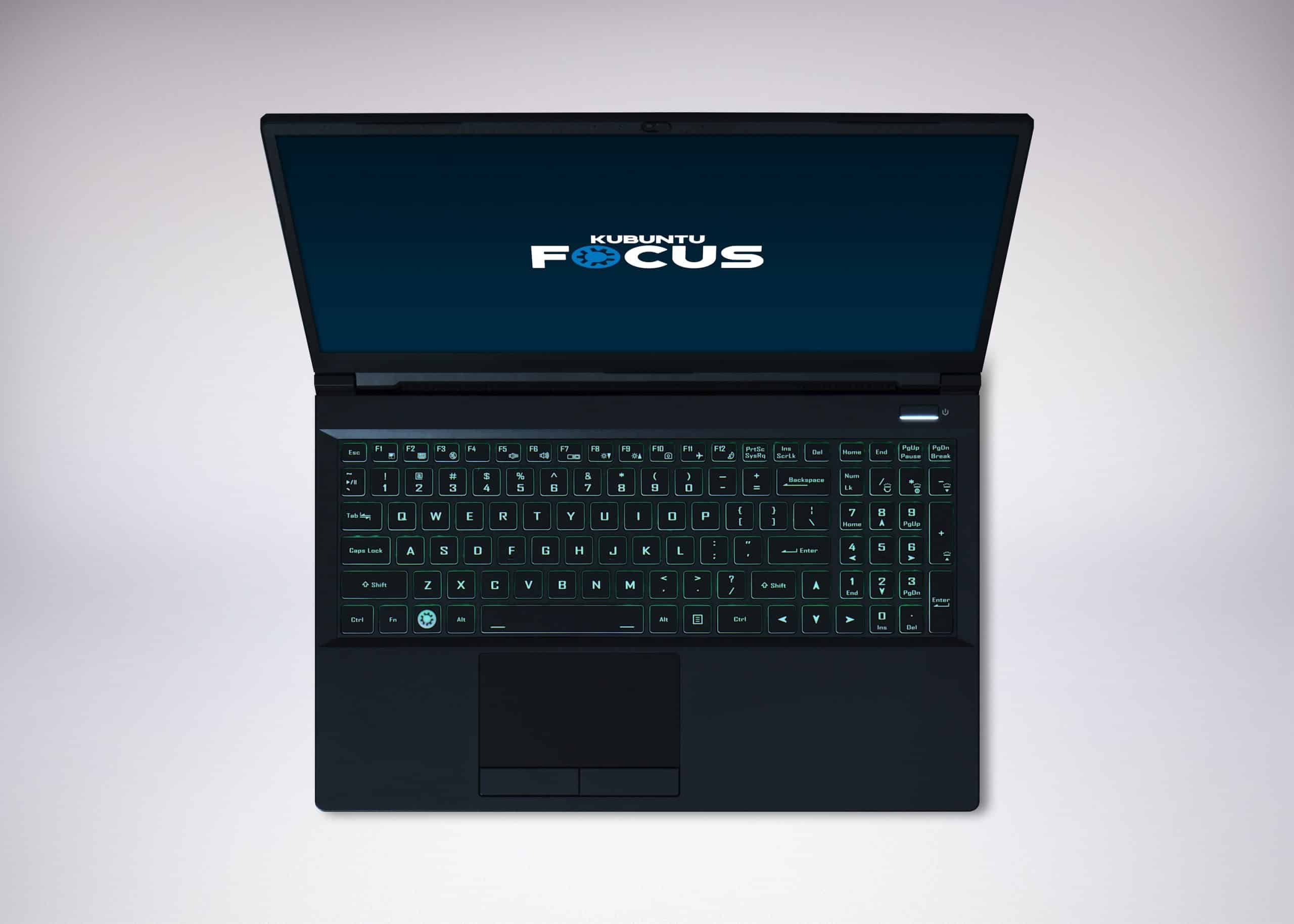
Kubuntu Focus M2 Linux laptop is here
Back in the day, getting a laptop with Linux pre-installed was almost unheard of. For the most part, you had to buy a computer with Windows and then install Linux yourself. This wasn't bad, necessarily, but it did mean that the price of the computer included a Windows license you maybe didn't want. In other words, Microsoft was profiting off of Linux users -- just because they bought a Windows PC.
In 2020, however, there are many computers to be had with Linux pre-installed, thanks to pioneers like System76. Of course, nowadays, big companies like Dell and Lenovo are selling Linux machines too. Today, yet another such laptop hits the market -- the second generation Kubuntu Focus M2. Yes, this is the second officially sanctioned notebook from the developers of the KDE variant of Ubuntu.

Ubuntu Linux 20.10 'Groovy Gorilla' Beta available for download
Today is Friday, meaning later this afternoon, we will officially be starting the weekend! Woo-hoo! Unfortunately, due to COVID-19, many of us will be spending our weekend downtime indoors once again. Sigh. The weekend is far less exciting when you've been self-quarantining for months due to a pandemic.
Thankfully, we can all still have plenty of fun while indoors thanks to the internet. Not only can we stream video and music, but we can play online video games too. If you are a computer nerd, however, I have a much better suggestion -- install the new Ubuntu Beta! That's right, Linux fans, Ubuntu 20.10 "Groovy Gorilla" Beta is now available for download. This doesn't just include the "vanilla" GNOME version either, but other variants like Kubuntu and Xubuntu as well.
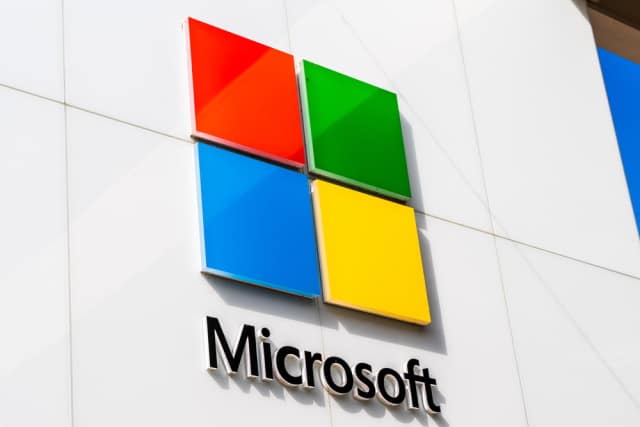
Microsoft releases KB4577063 update to fix Windows Subsystem for Linux 2 and internet issues
Updates to Windows 10 have become renown for introducing just as many problems as they aim to fix. Recent updates led to problems with Windows Subsystem for Linux (WSL) displaying an "Element not found" error, and there were also various problems with internet connectivity.
To address these issues, Microsoft has now released the "non-security update" KB4577063. The patch also fixes a number of other problems Windows 10 users have been experiencing.

Ubuntu-based Linux Mint 20.1 is named 'Ulyssa' and you can download it soon
There are many great Linux-based desktop operating systems nowadays. There are arguably too many Linux distros, but I digress. For instance, if you are an experienced Linux user, you can opt for something like Debian or Fedora, while novices are better served by Ubuntu or Linux Lite.
One of the best operating systems for beginners and Windows-switchers, however, is Linux Mint. This is a no-nonsense Linux distro that looks good, is very stable, and ultimately "just works" for many users. New versions of the operating system are named after women, and today, we learn what Linux Mint 20.1 will be called.

Fedora 33 Beta Linux distro with GNOME 3.38 now available for PC and Raspberry Pi
Fedora 33 Beta was scheduled to be released during September, and on the eve of the final day of that month, the pre-release operating system is finally here! Yes, if you love Fedora and want to give an early version of 33 a try, today is your lucky day.
As you can imagine, Fedora 33 Beta comes with the excellent GNOME 3.38, which was only released a couple of weeks ago. The biggest change, however, is BTRFS being made the default filesystem -- ext4 is no longer the standard. Wow. Also significant? The new default editor is nano.
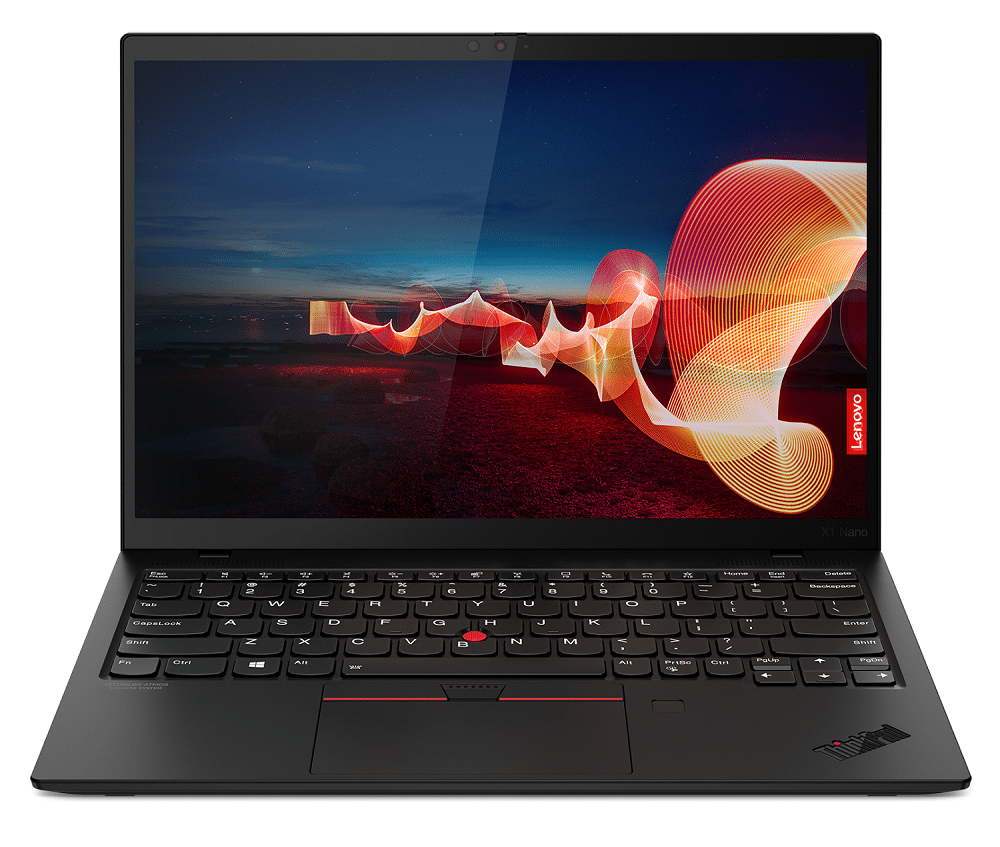
Lenovo ThinkPad X1 Nano ultra-light laptop comes with Windows 10 or Ubuntu Linux
Do laptops need to keep getting thinner and lighter? Oh, hell yeah. True, we are starting to get to the point where they really can't get any more svelte, but as engineers continue to show, they will keep working to push boundaries. For instance, today, Lenovo officially unveils an impossibly thin and light laptop that is sure to delight road warriors. Called "ThinkPad X1 Nano," it weighs less than two pounds and is just 0.55 inches thick.
The ThinkPad X1 Nano comes with some bleeding-edge technology such as Wi-Fi 6, optional 5G, and Thunderbolt 4 (two ports). It is powered by up to an 11th Generation Intel Core i7 processor, and it can be configured with up to 16GB RAM and up to a 1TB SSD. The 13-inch 2K display comes in both touch and non-touch options, and Lenovo promises up to 17.3 hours of battery life. And yes, the HD camera is compatible with Windows Hello.
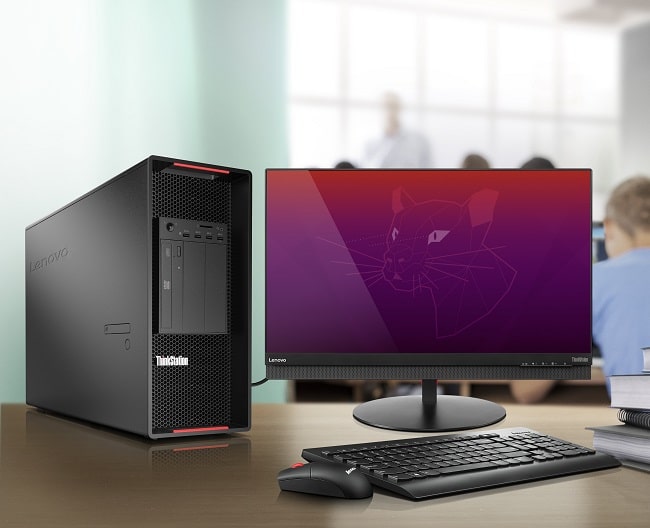
Lenovo further embraces Ubuntu Linux with its ThinkPad and ThinkStation computers
Lenovo's ThinkPad and ThinkStation computers are legendary. They are very well known for being well-built and reliable. That is why many businesses (and consumers) choose those computers for their needs. While these computers are mostly sold running Windows, the company has also been selling machines running Linux. Not only can you buy a Lenovo PC with Ubuntu preinstalled, but the company is even selling a laptop loaded with Fedora!
Showing it is a true friend of the Linux community, Lenovo has decided to expand its offering of computers running Ubuntu. Yes, folks, if you are a fan of that operating system, you can now buy these Linux computers from Lenovo.com globally -- they are no longer limited to enterprise customers. Anyone can buy them easily, and yes, this includes both ThinkStation desktops and ThinkPad laptops.

Ubuntu-based Linux Lite 5.2 RC1 is here to replace Microsoft Windows on your PC
Windows 7 and Windows 10 aren't terrible operating systems. In fact, they are both very good. With that said, the newest version of Windows 10 has many bugs. Unfortunately, since Windows 7 is no longer supported, its users are stuck in a conundrum. They have to decide whether to use an unsupported Windows 7 or upgrade to Windows 10 that is full of telemetry and other "spying" that passes their information to Microsoft's servers. That is a very difficult decision.
Thankfully, there is a better option -- just switch to Linux! Yes, modern Linux-based operating systems will be supported (unlike the now-obsolete Windows 7) and most will run great on aging hardware (unlike Windows 10). Linux Lite is one of the best Linux distributions for Windows-switchers, as it is lightweight, modern, and familiar.
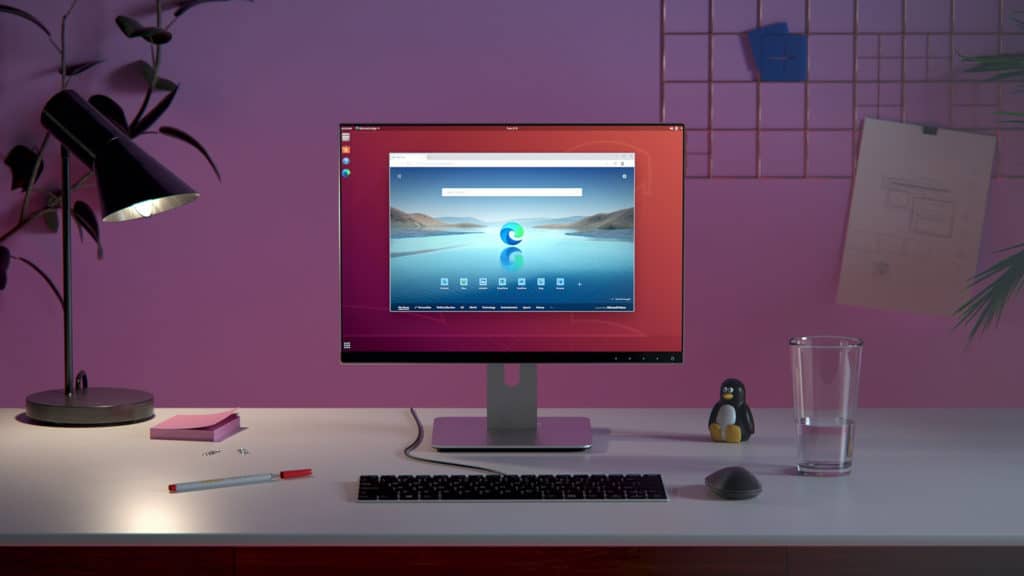
Microsoft Edge on Linux will be available to download next month
Microsoft’s new Chromium-based Edge browser is very good. It’s annoying that the company feels the need to force it on to Windows 10 users, but it’s a big step up from the old version.
We’ve known for a while that Microsoft was planning on bringing the browser to Linux, and now we know -- roughly -- when it’s going to arrive.
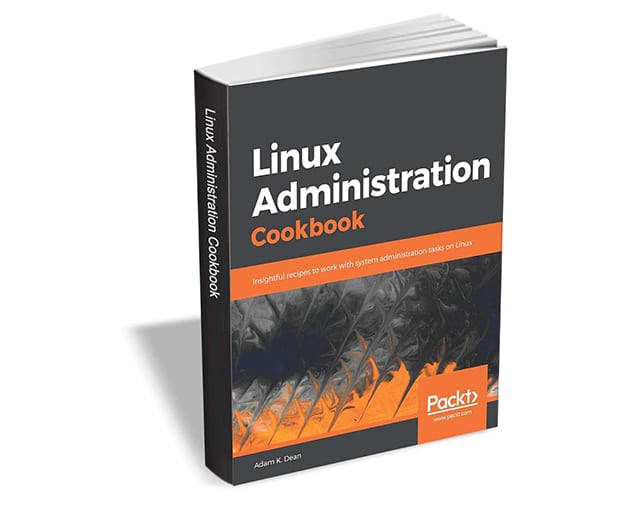
Get 'Linux Administration Cookbook' ($35.99 value) FREE for a limited time
Linux is one of the most widely used operating systems among system administrators, and even modern application and server development is heavily reliant on the Linux platform.
The Linux Administration Cookbook is your go-to guide to get started on your Linux journey. It will help you understand what that strange little server is doing in the corner of your office, what the mysterious virtual machine languishing in Azure is crunching through, what that circuit-board-like thing is doing under your office TV, and why the LEDs on it are blinking rapidly.

GNOME gets new versioning scheme, and Linux users are going to be confused
The GNOME 3 desktop environment was officially released in 2011, and in 2020 we are still on version 3.x. Yeah, despite many massive changes over the last (almost) decade, we have been stuck with point releases for GNOME 3. For instance, just yesterday, GNOME 3.38 was released. Historically, the stable releases all ended in even numbers, with pre-release versions ending odd. For fans of the DE, such as yours truly, we have simply learned to live with this odd versioning scheme.
Well, folks, with the next version of GNOME, the developers have finally decided to move on from version 3.x. You are probably thinking the new version will be 4.0, but you'd be very wrong. Actually, following GNOME 3.38 will be GNOME 40. Wait, what? Yes, the developers are actually moving from 3.x to 40.x! They are even ditching the even/odd aspect, as the next major stable version to come after 40 will be 41. Minor stable updates will be given incremental point designations (.1, .2, .3, etc.). During development, there will just be alpha, beta, and release candidates -- nice and simple. Understandably, this is going to be confusing for some Linux users that are used to the old versioning scheme.
